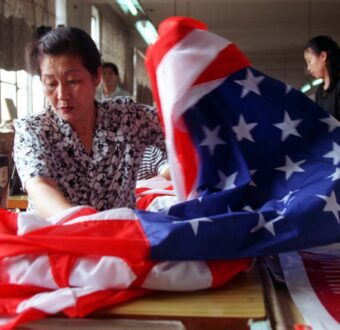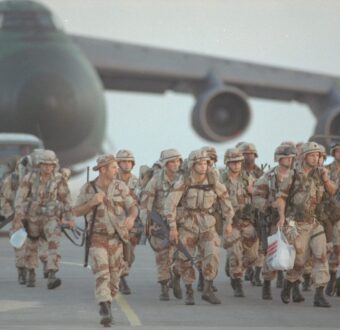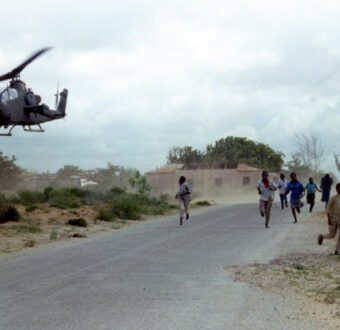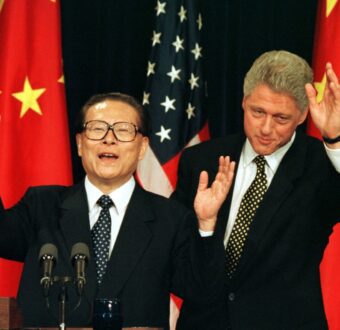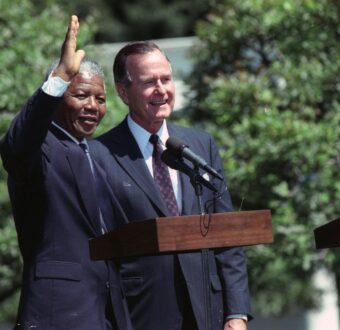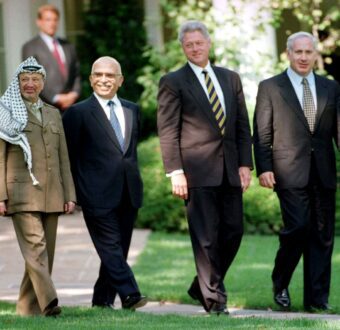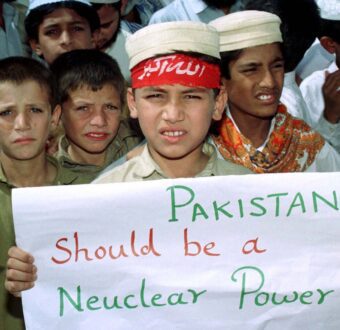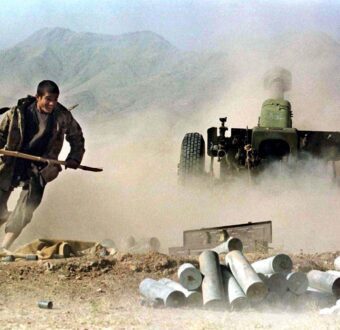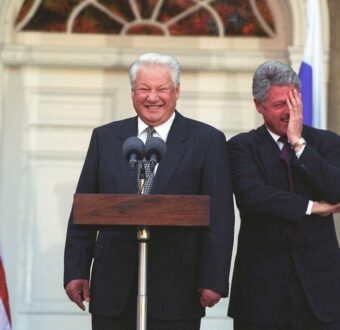Time for the US to Stop Supporting Pakistan’s Military Rule
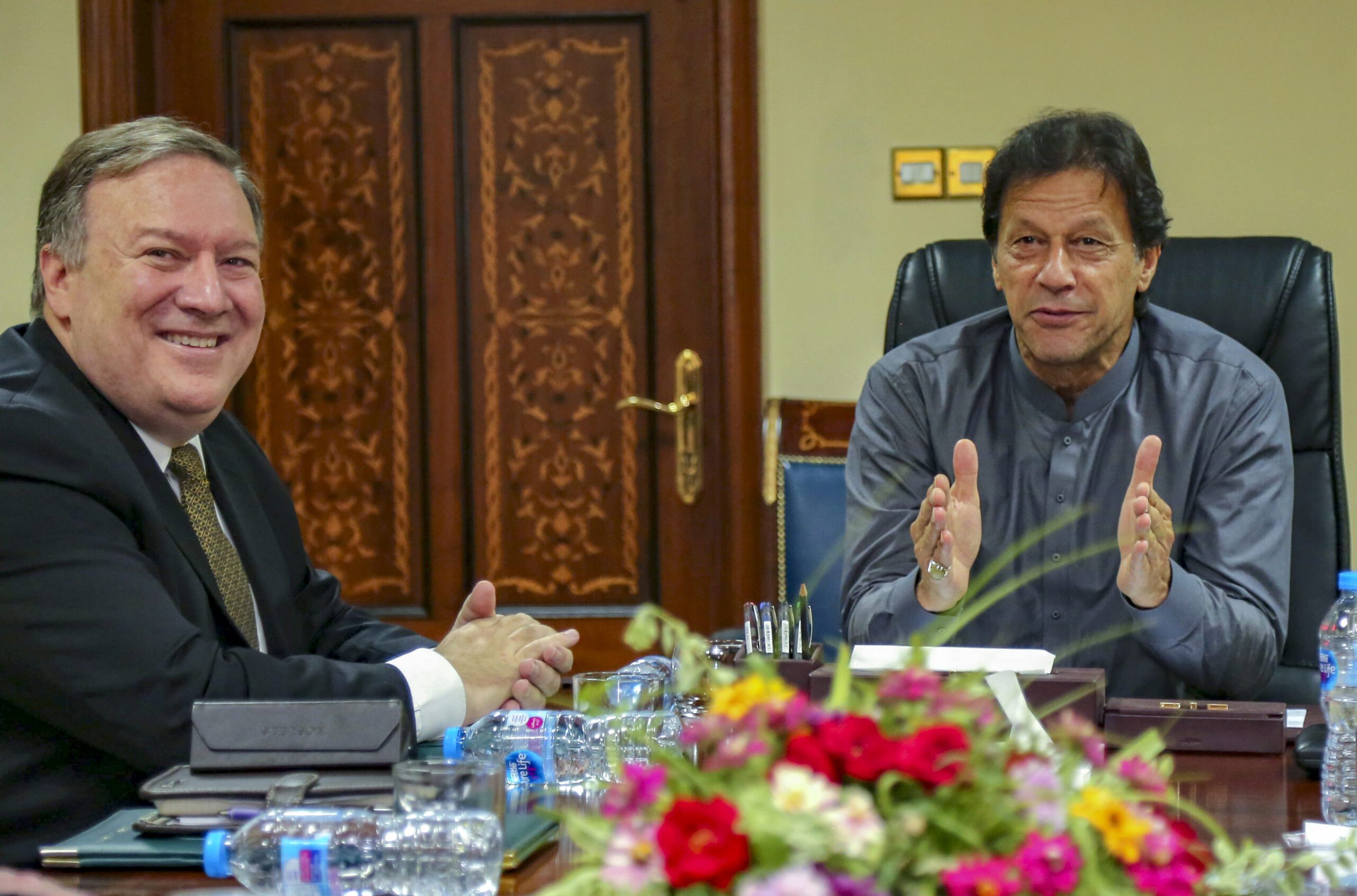
U.S. aid to Pakistan’s military has helped keep civilian governments in the country weak.
By Mark Hannah, Senior Fellow
This article appeared in The Diplomat on August 15, 2018.
The election of former cricket star Imran Khan as Pakistan’s next prime minister comes at a pivotal moment. Khan must decide whether he will try to break the Pakistani military’s stranglehold over policymaking and institute much needed reforms, or preserve the status quo and become the generals’ charismatic puppet. Unfortunately, the current U.S. policy of supporting the country’s military at the expense of its civilian government risks nudging him in the wrong direction.
Pakistani democracy is often seen as a “charade.” The military enjoys a virtual monopoly over foreign and economic policy, and the country’s parliament is dismissed as a mere patronage scheme, which preserves family fortunes and perpetuates tribal dominance. But Western critics often fail to appreciate how their own governments have undermined the country’s democratic institutions and empowered its unelected military rulers.
U.S. policy in particular has cultivated the military’s outsized influence. Since the Cold War, Washington has regarded Pakistan as little more than a security bulwark, first against the Soviet Union and then against jihadists after 9/11. Tens of billions of dollars in U.S. aid have flowed into Pakistan in recent decades, the vast majority directed at strengthening the military and coaxing it to cooperate with U.S. counterterrorism efforts. A report from Harvard’s Belfer Center found “a systemic lack of supervision in the provision of aid to Pakistan… and the incentivization of U.S. taxpayer–funded corruption in the Pakistani military and security services.” It’s no wonder the Pakistan Army — flush with American aid dollars — is now the most powerful part of the government.
Far from serving U.S. interests, however, this strategy of strengthening Pakistan’s military has backfired spectacularly.
Read more of Mark’s article in The Diplomat.
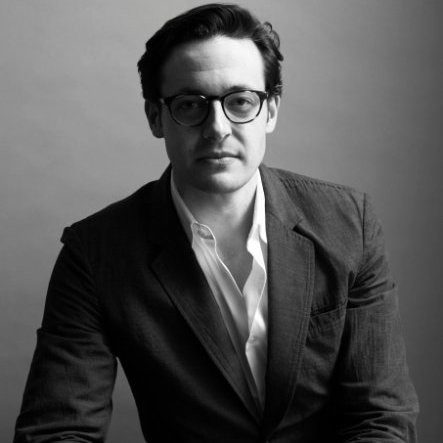
Written by Mark Hannah
Mark is a senior fellow at the Eurasia Group Foundation’s Independent America project and host of the podcast, None Of The Above.
